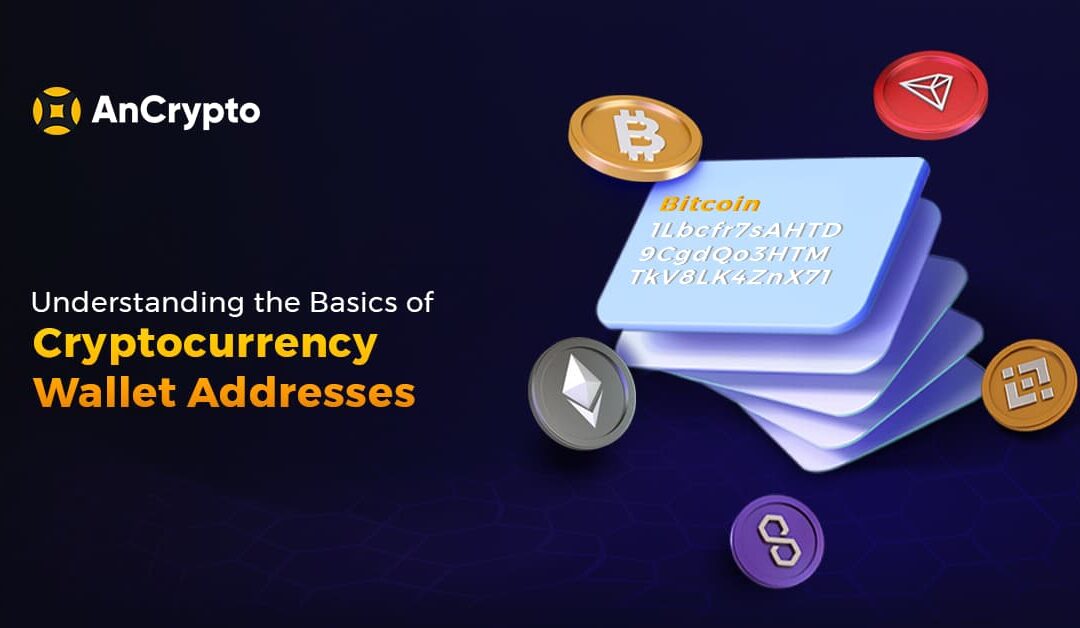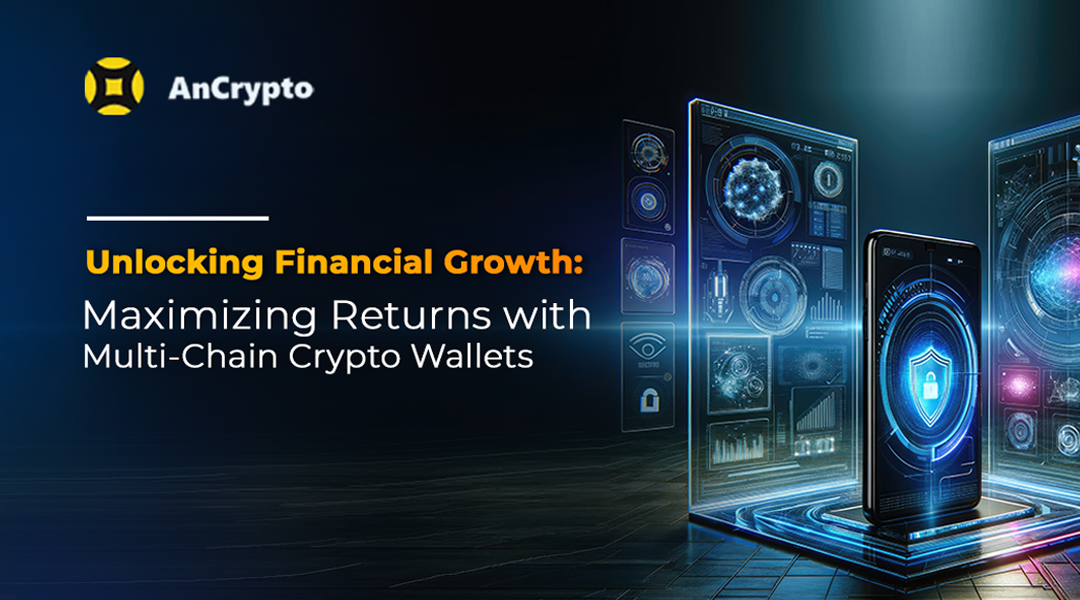To manage digital holdings, users need a crypto wallet. The wallet is a software tool that enables them to interact and transact on the Blockchain network. Despite the name, your crypto wallet does not store the funds. Instead, it safeguards your private keys used to make secure crypto transactions.
Within every crypto wallet, a key component is its address. The wallet address is a unique alphanumeric string that facilitates cryptocurrency transactions across the blockchain network. It also serves as the identifier for the wallet when initiating a cryptocurrency transaction. Each cryptocurrency user has a different wallet address.
Functioning of Wallet Address
To embark on an exciting journey into the world of cryptocurrency, one needs to understand the functioning of wallet addresses. Just like a bank account number, the wallet address works in the crypto realm. To initiate any transaction on the Blockchain network, the user requires this address.

How Is a Wallet Address Created?
The wallet address is generated during wallet creation. Every cryptocurrency has its own wallet address. It’s vital to understand that this wallet address isn’t arbitrarily generated; rather, it is created through a sophisticated mathematical algorithm having three main components:
- Prefix – An array of letters representing the type of cryptocurrency. For example, Ethereum uses ‘0X,’ and Bitcoin uses ‘1.’
- Public Key – A cryptographic key pair used for verifying the transactions.
- Checksum – Helps to enhance the address security by helping to detect whether it has been modified.
Understanding the Public Key and Private Key Pair
Beneath the facade of every cryptocurrency wallet address, you’ll find a cryptic duo: the private key and the public key.
A public key is a cryptographic string of characters that serves as the public identifier on the blockchain and is used to receive cryptocurrency transactions from other users or entities.
- Type: A long sequence of alphanumeric characters.
- Function: Used to receive crypto from other wallet users.
- Scope: It can be shared freely with anyone on the Blockchain network to receive the assets.
A private key is a secret key that allows you to access and control the cryptocurrency associated with your public address. It is crucial to keep your private key secure because anyone who possesses it can potentially access and transfer the cryptocurrency in your wallet.
- Type: A long alphanumeric sequence.
- Function: Acts as a password to unlock the funds.
- Scope: Must be backed up and kept confidential, as losing private keys can result in irreversible loss of the crypto holdings.
Sending/Receiving Cryptocurrency Using the Wallet Address
To Send Crypto:
- Input the Recipient’s Address:
- Signature and Authentication:
- Transaction Processing:
- Confirmation:
Provide the recipient’s wallet address when initiating the transaction; it communicates the destination to the blockchain network for the cryptocurrency transfer.
Your wallet uses your private key to generate a digital signature, serving as a distinct marker for the transaction. Subsequently, the recipient’s public key verifies the authenticity of this signature.
After signature verification, the transaction is broadcast across the network. Miners, the diligent overseers liable for confirming and adding transactions to the blockchain, will include it in the forthcoming block if it meets the criteria.
Lastly, the transaction is confirmed and added to the blockchain, signifying that the receiver received the assets.
To Receive Crypto:
- Share Wallet Address:
- Transaction Initiation:
- Blockchain Validation:
Share the wallet address with the individual or entity intending to send you digital assets. You can share the address using any social media platform.
Once shared, the sender initiates the transaction by incorporating your wallet address as the destination within their wallet.
Subsequently, the transaction is conveyed to the blockchain network, where miners validate and record it in the ledger. Once validated, the digital assets are securely stored within your wallet.
Why Do You Need a Wallet Address?
A wallet address plays a crucial role in crypto transactions for an array of reasons:
- It keeps your assets secure; only the person who has access to the private keys associated with a specific address can control the crypto funds.
- It brings transparency by allowing individuals to view the transaction history at any time on the Blockchain network.
- All crypto transactions are immutable and can be traced using the wallet address.
Problems Associated With The Use of Wallet Address for Crypto Transactions
- Crypto addresses are confusing and hard to remember.
- Mistakes in entering the recipient’s wallet address can result in the permanent loss of crypto funds.
- Transacting in 100 cryptocurrencies means dealing with 100 different wallet addresses, which is humanly not possible.
- Wallet addresses often become the targets of “address-poising scams” used to defraud crypto funds.

Mitigate the Troubles That Come With Wallet Address – Set Your Decentralized Identity as Payment Solution
Prioritizing user security and comfort, AnCrypto, , brings a decentralized identity solution as a username for seamlessly sending/receiving crypto payments. To streamline the entire crypto payment process and make transactions simple, this feature is available within the chat window.
With a username, anyone can make direct payments in chats without sharing the wallet address. Liberating users from being dependent on external apps for copying and pasting wallet addresses, AnCrypto reduces the possibility of transaction errors and saves precious time.
Choose AnCrypto’s username over confusing wallet addresses for your next payment and navigate the new era of crypto interactions like never before.





